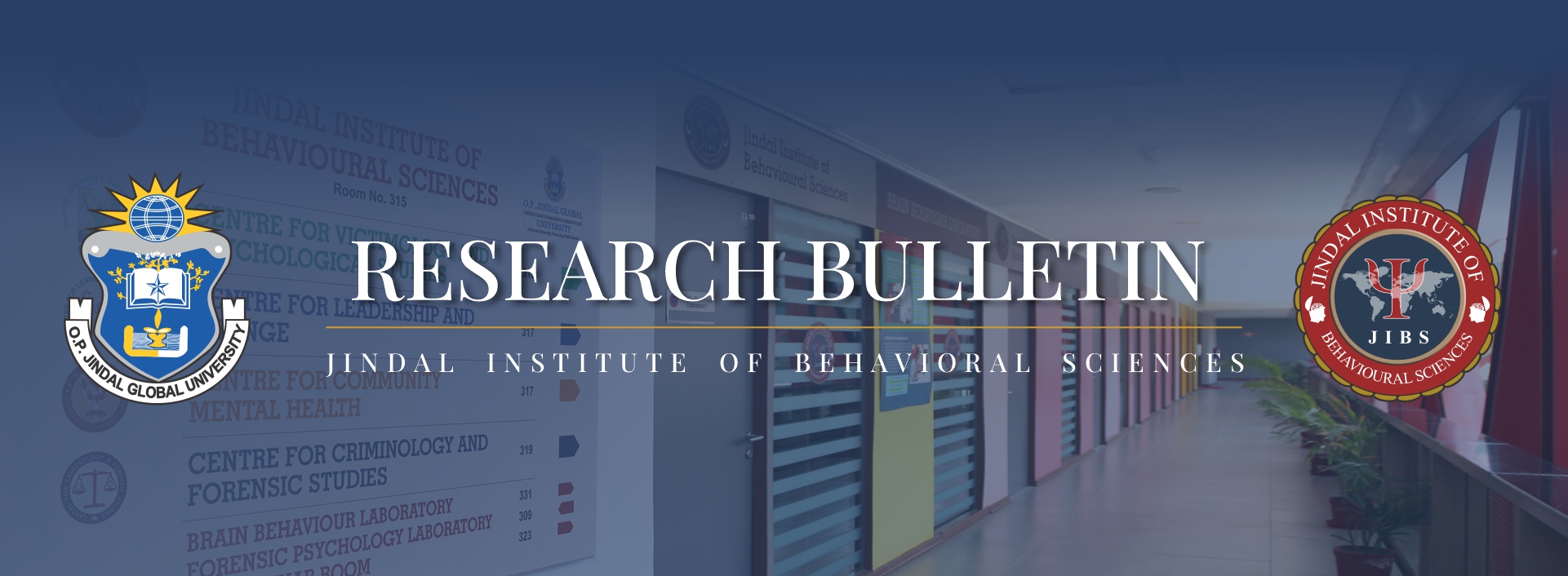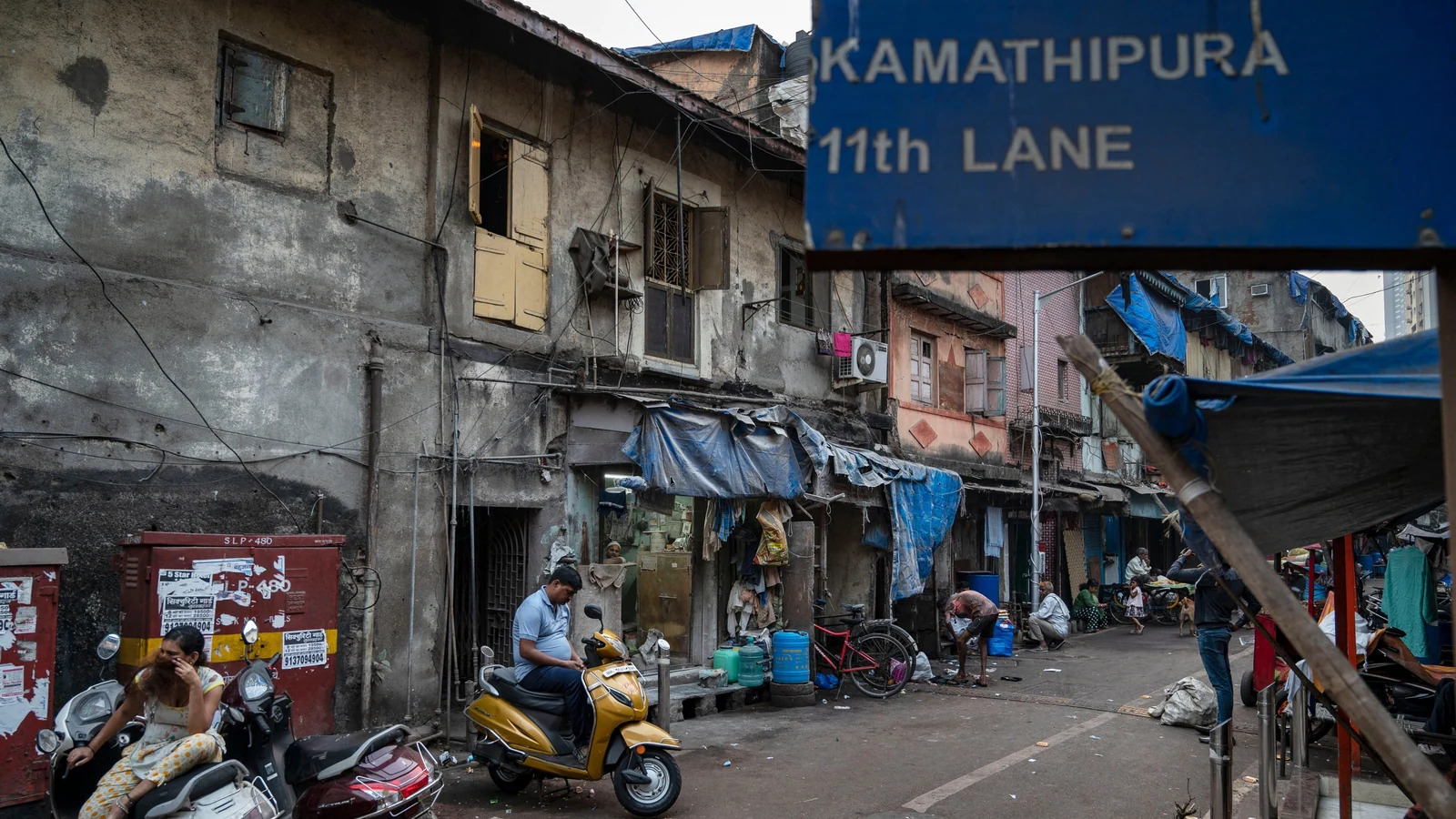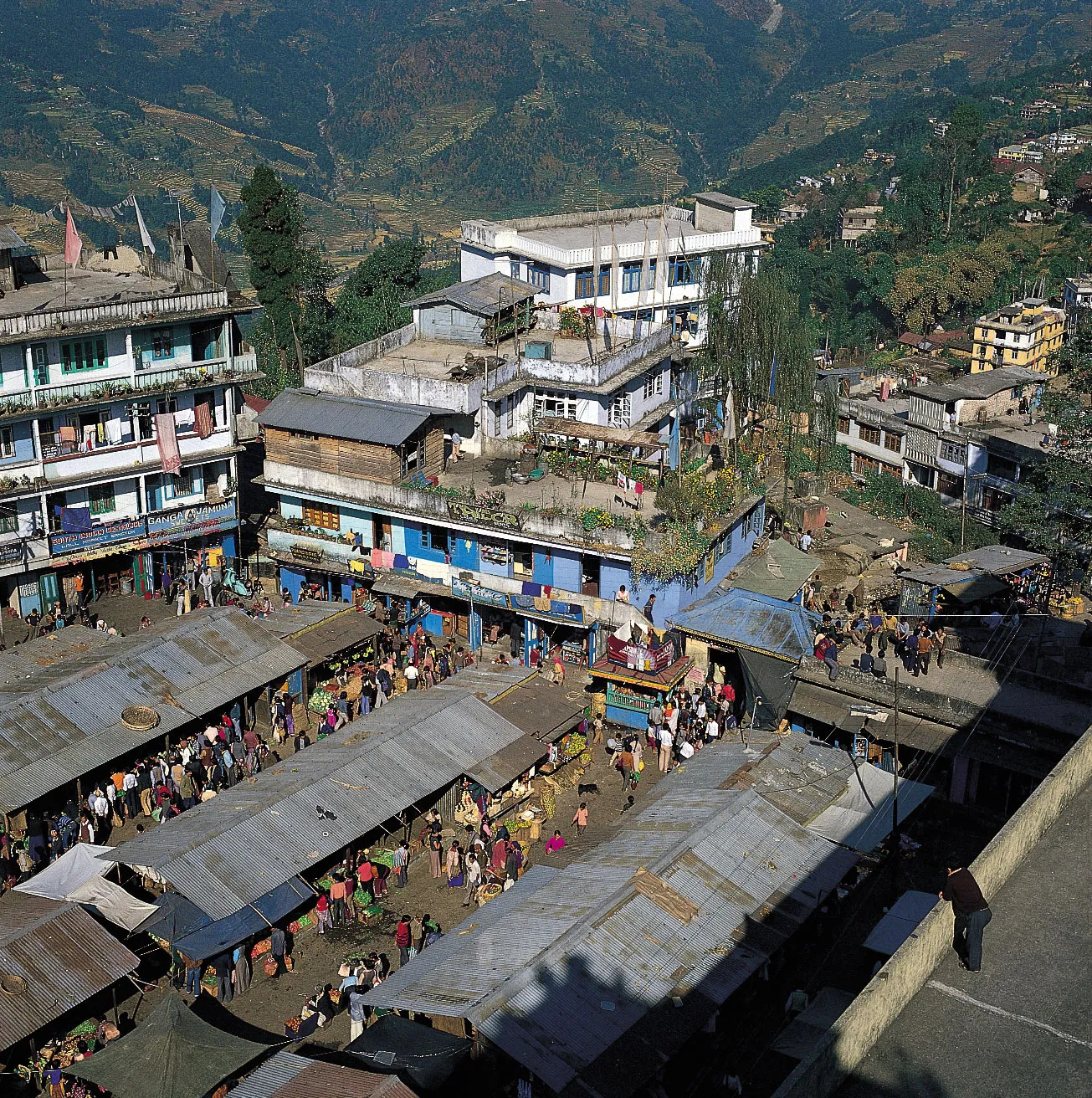Research Bulletin

Vol.3 Issue 4 | April 2024
Legal and Behavioural Science Insights for Marginalised Voices
The Jindal Institute of Behavioural Sciences (JIBS) research bulletin presents an overview of recent research published by the faculty and research scholars at JIBS organised under different themes.
Ms. Bhavya Tandon

Reconsidering criminalisation of prostitution: a comparative critical study of the models in vogue in India, Sweden and the Netherlands.
The criminalisation of sex-work has been a contentious issue in criminal law. The criminal justice system, historically opposed to prostitution, has employed policing and regulations, suppressing the profession. Sex-workers face exploitation from multiple dimensions, including physical, sexual, and psychological violence, exacerbating their marginalisation. Some European nations, having opted for the legalisation of sex-work, aim at harm-reduction and enhance protection for sex workers. Through a comparative analysis of prostitution laws in India, the Netherlands, and Sweden, this paper studies the criminalisation model through the lens of public morality, public health, and other points of social relevance. It questions the limits of criminal law in balancing harm-reduction and worker-exploitation. Proposing alternatives likes legalisation and partial criminalisation, the paper advocates for the most effective approach- decriminalisation, to protect public interest, uphold rights, and eliminate stigma within this complex social issue. Read Here…
Dr. Bhasker Malu and Ms. Samreen Chhabra

You are not Sikkimese enough’: Understanding collective action tendencies of old settlers in Sikkim using SIMCA.
This paper investigates the motivators and inhibitors of collective action tendencies using the Social Identity Model of Collective Action (SIMCA), among the old settlers in Sikkim, India. This community settled in Sikkim prior to the state’s merger with India in 1975, and faces discrimination on account of its racial and ethnic distinctiveness from the majority northeasterners in Sikkim. Semi-structured interviews with 11 old settlers were taken to determine SIMCA variables – moral conviction, identity, injustice, and efficacy – within the context of northeast India. Collective action was motivated through moral conviction via principles of equality and unequal treatment and outsider status, identity via politicisation of identity, creation of social movement organisations, injustice via anger and fraternal resentment and efficacy via marches and legal recourses. Collective action was inhibited through moral conviction via denial of violation, identity via acculturation, injustice via fear and efficacy via learned helplessness. These findings indicate that collective action tendencies must be understood from a context-specific lens. Read Here…
Faculty Coordinators: Ms. Bhavya Tandon & Ms. Samreen Chhabra
